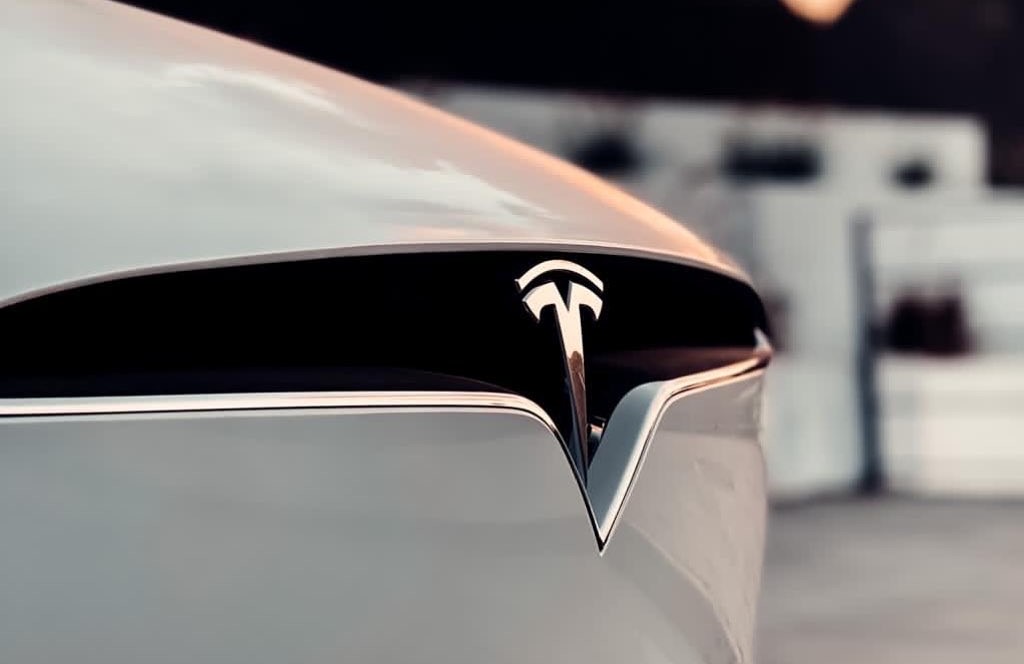
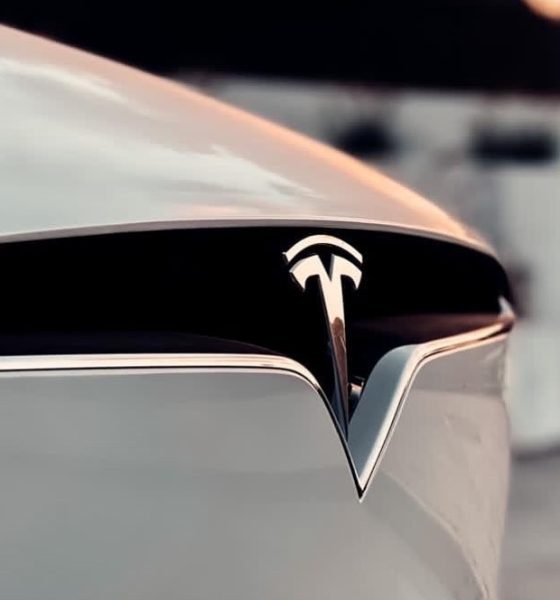
News
Tesla aims for South Korea to revise eco-friendly incentive program
Tesla is looking for the South Korean government to revise an eco-friendly vehicle sales program that gives automakers tradeable incentives for selling low-emissions vehicles. The electric automaker says that the agreement is discriminatory and violates the Free Trade Agreement that sits between South Korea and the United States.
The “Low Emission Vehicle Supply Target System” is set to be implemented this year, and automakers that sold 4,500 cars in South Korea in 2009 qualify for the program. The problem is, even though Tesla is the world’s leader in selling eco-friendly electric cars, the company doesn’t technically qualify for the incentive-giving program. Tesla only sold 937 cars in South Korea in 2009, not meeting the required 4,500 vehicle threshold.
Business Korea reported that being included in the program could lead to billions of Korean Won being awarded to the automakers who meet the target requirements. Each credit is tradable, sources told the Korean news outlet, which could add up to $30 million to Tesla’s margins due to current sales volumes in the country. However, because of not meeting the sales requirement in 2009, Tesla isn’t expected to see any of that money currently.
The South Korean Government stated that the plan is not discriminatory and is related to previous talks that the country had with the U.S. government. Additionally, government spokespeople said that the target system lines up with the U.S.-South Korea Free Trade Agreement.
Other United States-based automakers who do not import many cars to the country asked for revisions, and 4,500 units was the number that was landed on. “The U.S. government requested exceptions for smaller sellers such as Cadillac, and its demarcation was 4,500 units,” the government said.
Tesla didn’t introduce the Model S until 2012, three years after the 2009 guidelines South Korea is using. Furthermore, Tesla didn’t mass produce a car until 2017, when the Model 3 was introduced to consumers. Since then, it has become the best-selling electric vehicle in the world.
ALSO READ:
Tesla risks losing subsidies in South Korea after Model 3 dominates local EV market
It is currently unknown if South Korea will introduce any changes that will allow Tesla to qualify for the rewards. Fears of a trade dispute between South Korea and the United States seem to be the holdup, according to local sources, as trade experts believe it could be difficult to revise the plan this late without negative consequences.
Naver reported:
“The reason for setting the exception standard was to protect domestic companies, but it could be argued that it was used to give disadvantages. There are also voices of concern that the battle with Tesla, the largest electric vehicle company in the United States, could lead to a trade dispute between Korea and the United States.”
H/t: DriveTeslaCanada

News
Tesla leaves a single loophole to purchase Full Self-Driving outright
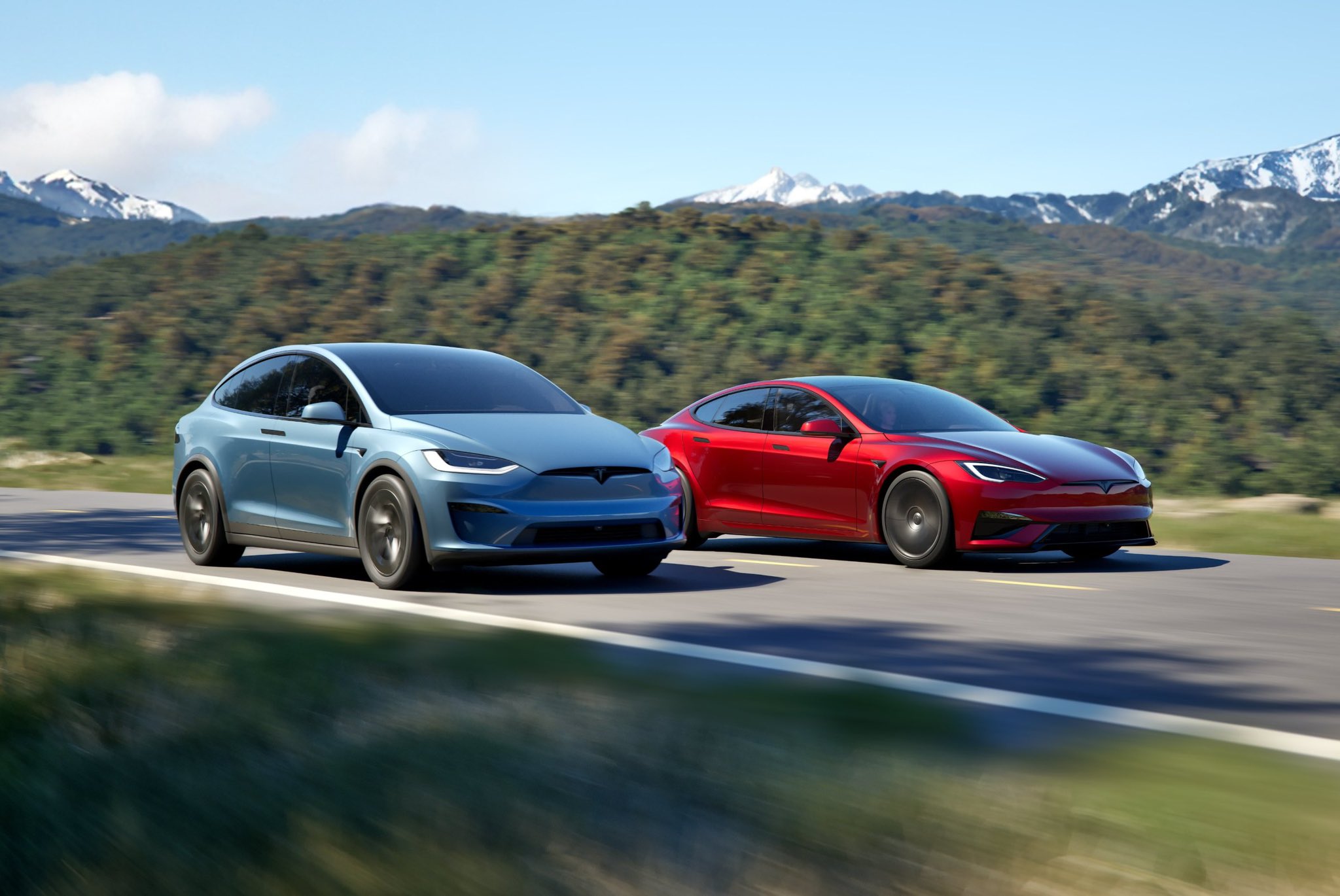
Tesla has left a single loophole to purchase Full Self-Driving outright. On Sunday, the option officially disappeared from the Online Design Studio in the United States, as Tesla transitioned to a Subscription-only purchasing plan for the FSD suite.
However, there is still one way to get the Full Self-Driving suite in an outright manner, which would not require the vehicle owner to pay monthly for the driver assistance program — but you have to buy a Model S or Model X.
Months ago, Tesla launched a special “Luxe Package” for the Model S and Model X, which included Full Self-Driving for the life of the vehicle, as well as free Supercharging at over 75,000 locations, as well as free Premium Connectivity, and a Four-Year Premium Service package, which includes wheel and tire protection, windshiel protection, and recommended maintenance.
🚨 Tesla increased the price of both the Model S and Model X by $10,000, but both vehicles now include the “Luxe Package,” which includes:
-Full Self-Driving
-Four years of included maintenance, tire and wheel repairs, and windshield repairs/replacements
-Free lifetime… pic.twitter.com/LKv7rXruml— TESLARATI (@Teslarati) August 16, 2025
It would also be available through the purchase of a Cyberbeast, the top trim of the Cybertruck lineup.
This small loophole would allow owners to avoid the monthly payment, but there have been some changes in the fine print of the program, as Tesla has added that it will not be transferable to subsequent vehicle owners or to another vehicle.
This goes for the FSD and the Supercharging offers that come with the Luxe Package.
For now, Tesla still has the Full Self-Driving subscription priced at $99 per month. However, that price is expected to increase over the course of some time, especially as its capabilities improve. Tesla seems to be nearing Unsupervised FSD based on Musk’s estimates for the Cybercab program.
There is the potential that Tesla offers both Unsupervised and Supervised FSD for varying prices, but this is not confirmed.
In other countries, Tesla has pushed back the deadline to purchase the suite outright, as in Australia, it has been adjusted to March 31.
News
Tesla Sweden’s port deal sparks political clash in Trelleborg
The extension of Tesla’s lease has drawn criticism from the local Social Democratic opposition.
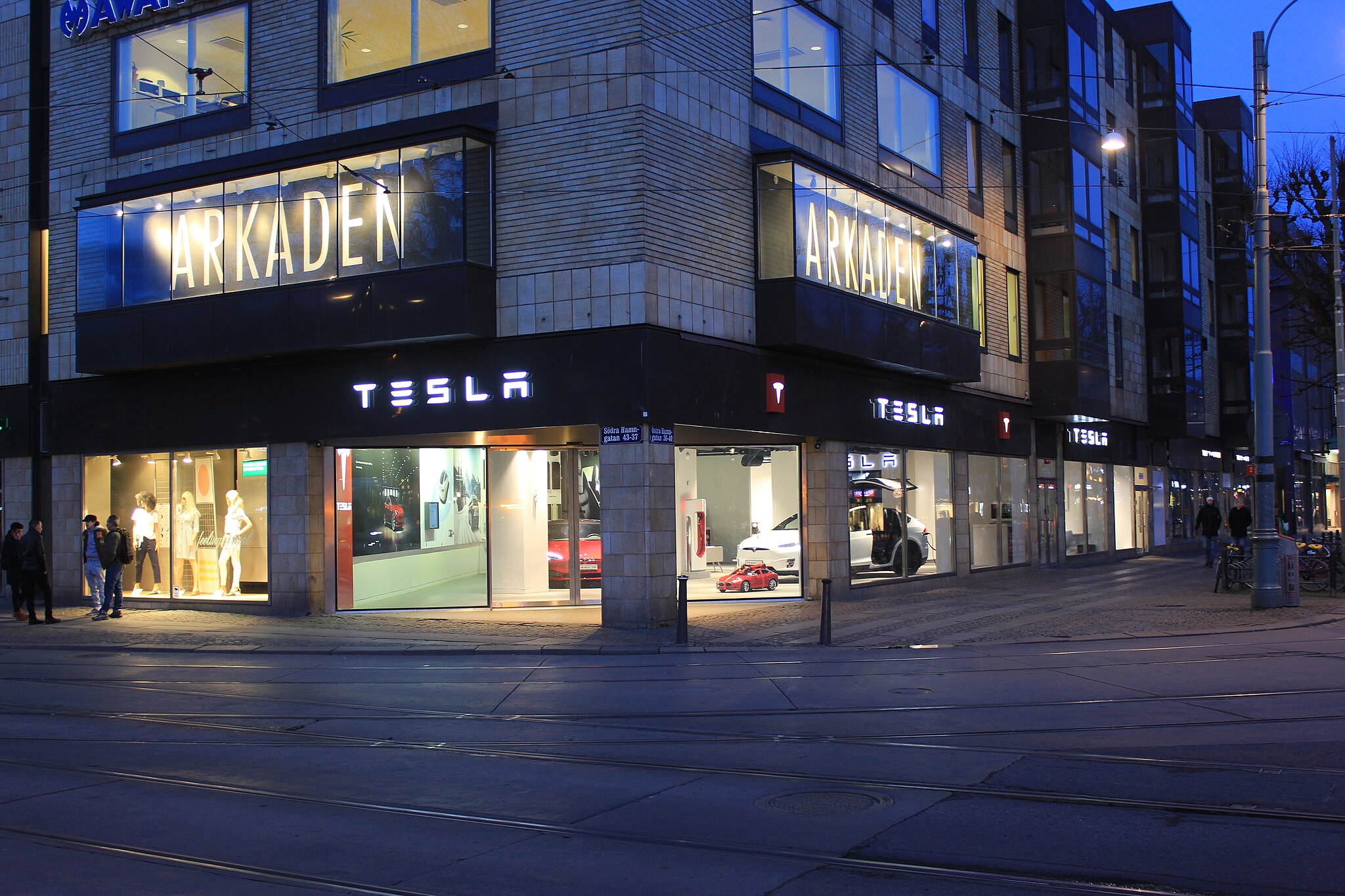
Tesla Sweden’s lease agreement at the Port of Trelleborg has triggered a political dispute, with local leaders divided over whether the municipally owned port should continue renting space to the electric vehicle maker amidst its ongoing conflict with the IF Metall union.
Tesla Sweden’s recently extended contract with the Port of Trelleborg has triggered calls for greater political oversight of future agreements.
Tesla has used the Port of Trelleborg to import vehicles into Sweden amid a blockade by the Transport Workers’ Union, as noted in a report from Dagens Arbete (DA). By routing cars via trucks on passenger ferries, the company has maintained deliveries despite the labor dispute. Vehicles have also been stored and prepared in facilities leased from the municipal port company.
The extension of Tesla’s lease has drawn criticism from the local Social Democratic opposition. Initially, the Port of Trelleborg hinted that it would not enter into new agreements with Tesla, but it eventually opted to renew its existing contract with the EV maker anyway.
Lennart Höckert, an opposition councilor, described the port’s decision as a “betrayal of the Swedish model,” arguing that a municipally owned entity should not appear to side with one party in an active labor dispute.
“If you want to protect the Swedish model, you shouldn’t get involved in a conflict and help one of the parties. When you as a company do this, it means that you are actually taking a position and making things worse in an already ongoing conflict,” Höckert said.
He added that the party now wants politicians to review and approve future rental agreements involving municipal properties at the port.
The proposal has been sharply criticized by Mathias Andersson of the Sweden Democrats, who chairs the municipal board. In comments to local media, Andersson described the Social Democrats’ approach as “Kim Jong Un-style,” arguing that political leaders should not micromanage a company governed by its own board.
“I believe that the port should be run like any other business,” Andersson said. He also noted that operational decisions fall under the authority of the Port of Trelleborg’s board instead of elected officials.
Elon Musk
Elon Musk’s X sees outage on Monday as users report issues
Monday’s outage follows a similar issue that befell the social media platform in mid-January.
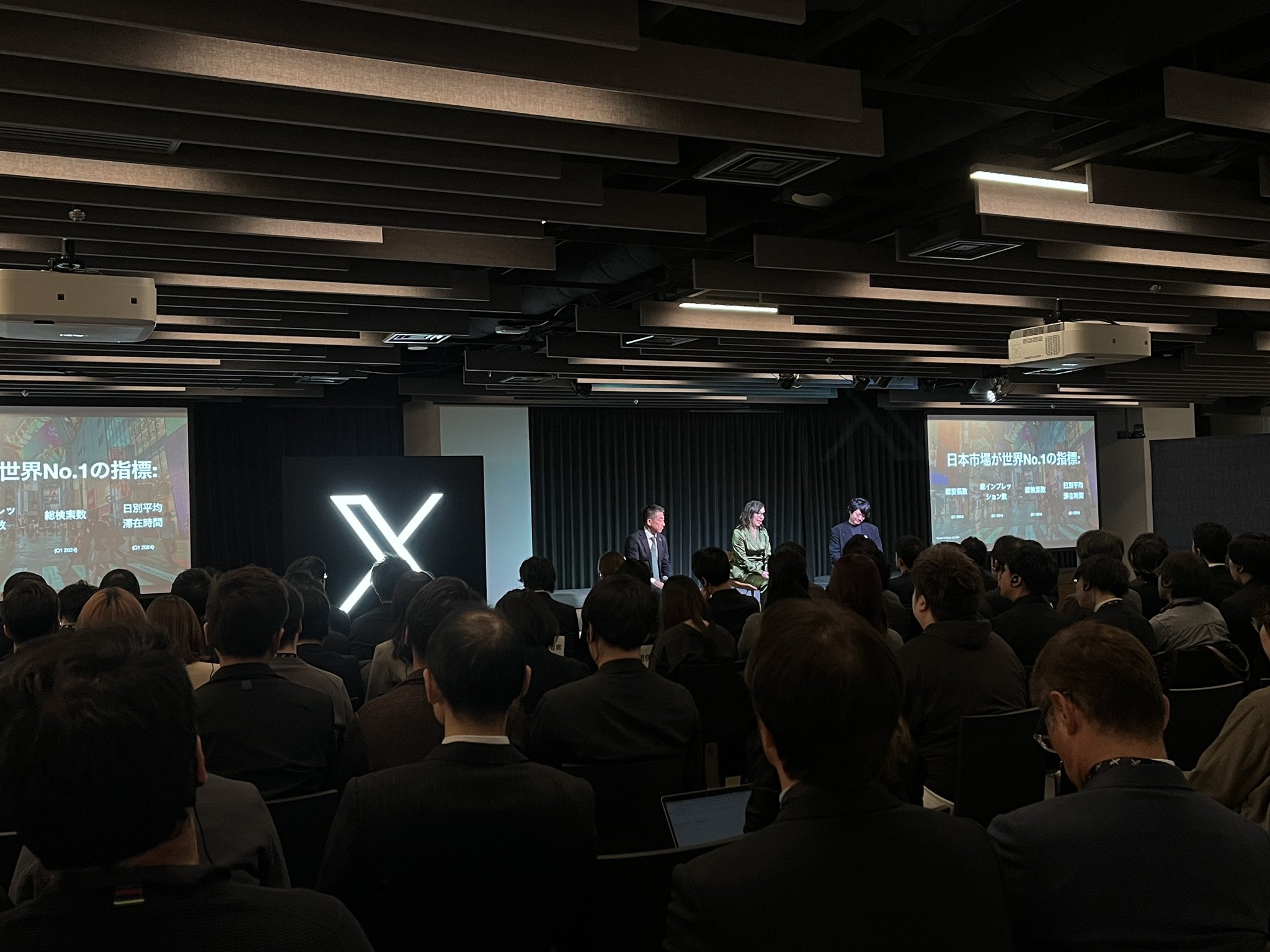
X experienced an outage on Monday morning, with tens of thousands of users reporting that the platform failed to load across both desktop and mobile. The disruption began around 8:02 a.m. ET, as per Downdetector data, and quickly escalated in the U.S. and U.K.
Monday’s outage follows a similar issue that befell the social media platform in mid-January.
Shortly after 8 a.m. ET, Downdetector showed a sharp rise in incident reports. At one point, U.S. complaints exceeded 40,000, while U.K. reports climbed past 6,000. Earlier in the outage, filings had already crossed 11,000 in the U.S. and 3,300 in the U.K., as noted in a TechRadar report. X users in other locations, such as the Philippines and Costa Rica, also reported similar issues.
Users attempting to access X were met with a “something went wrong” message. Feeds did not refresh, posts failed to appear, and both the social media platform’s app and web versions appeared affected by the issue. The outage struck during peak weekday usage, amplifying its visibility across regions worldwide.
X has not issued an official explanation for the latest outage or confirmed what caused the service disruption. The scale of complaints drew comparisons to the platform’s major outage in November 2025, which resulted in users being met with “Internal server error / Error code 500” messages, as well as Cloudflare-related error notices.
The incident also comes just weeks after X experienced a similar downtime in mid-January. That outage seemed more notable, however, with more than 100,000 users reporting issues with the social media platform on Downdetector.








